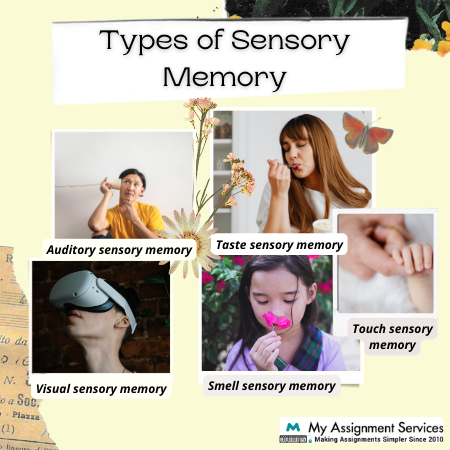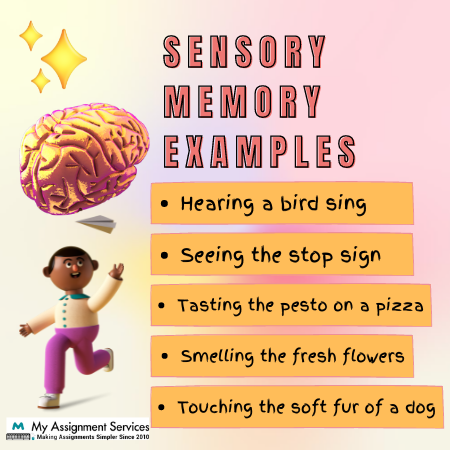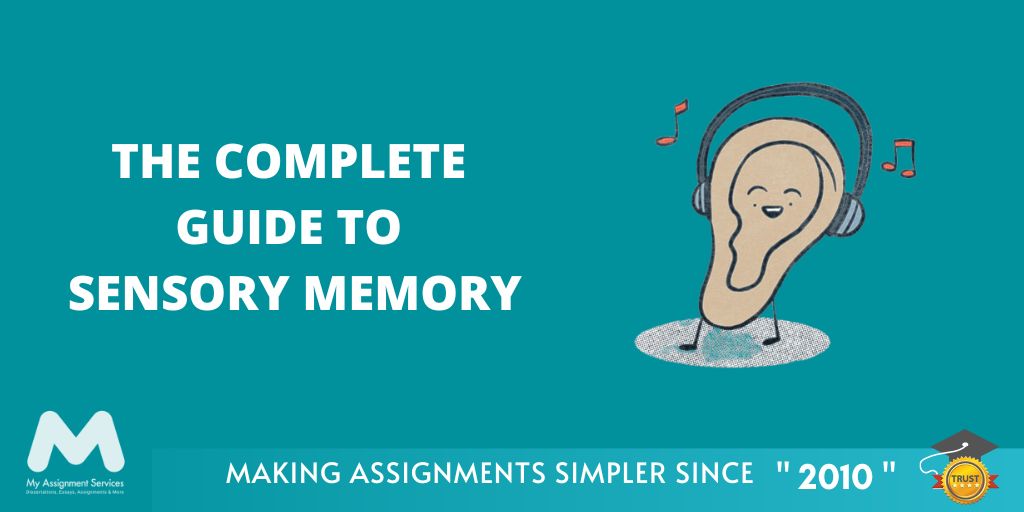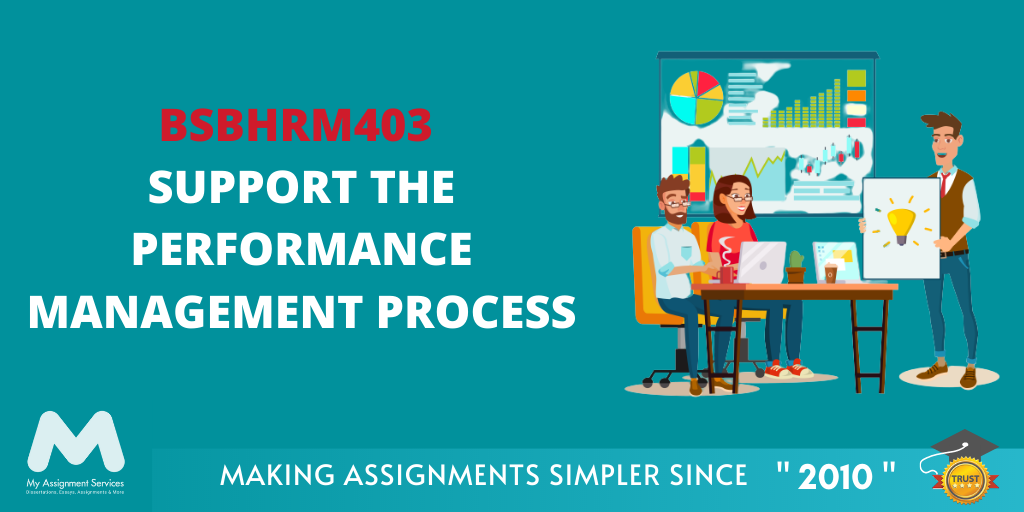We, humans, are born equipped with five senses; though there is the concept of a sixth sense, we'll leave that aside for now. The five senses - see, hear, touch, taste, and feel - enable us to interact with our environment. We respond to stimuli that are initially perceived by our senses.
The human brain can store up to 2.5 petabytes of information which is equivalent to millions of gigabytes worth of information. Our sensory memory acquires major information. You may wonder, "What is sensory memory?” It is the information we gain from our senses and remember as part of our primary memory.
Did you know that 65% of the population are visual learners? Studies show that we only remember about one-fifth of what we hear.
The taste of your favourite food or the annoying sound of your alarm clock are all sensory memories. You did not let yourself blatantly remember these things. Still, these things are fed into your system due to your senses recognising and remembering them over time. There are various types of sensory memory; we'll discuss them further in this blog.
Let’s learn more about sensory memory with examples.

What are the Five Types of Sensory Memory?
With our five senses always at work, we can remember many things and learn up to 34 gigabytes of information on an average/day. Our senses develop our primary memory, routine, body cycle, remembering faces/taste/smell, etc. All such information is developed from childhood through our instincts. So here are five of the sensory memories that we possess:
Echoic or Auditory sensory memory
Our auditory memory is developed by our brain recognising and remembering various sounds over time. Many of such sounds are melodious, whereas others provide caution when in danger. A textbook example is when you hear something crashing or a siren, you know it is a warning sign.
Iconic or Visual sensory memory
We use our visual senses the most as we perceive things through our vision. Since light is the fastest entity in the universe, it is obvious we see things before we hear them. Studies show that people spend up to eight hours on their phones when the healthy screen time is two hours or less. If you're wondering, what is an example of visual sensory memory? We can recognise faces.
Gustatory or Taste sensory memory
Tasting is another one of our sensory memories. Studies show that our gustatory memory is so sharp that we can easily remember the exact time and location we had the same food/drink. Our taste buds have helped us discover and evolve food based on taste; for instance, you remember the taste of your favourite ice cream regardless of how long it has been since you had it.
Olfactory or Smell sensory memory
When you smell food, your hunger is triggered because your brain remembers the exact dish. Our olfactory sensory memory is useful not just for food (though it's a plus point) but for remembering people, things, and even incidents. An example is that you can differentiate various foods, flowers or perfume as your brain remembers each of these smells.
Hepatic or Touch sensory memory
People with vision or hearing impairments are apt at delivering their daily tasks, and one of the contributors to accomplishing that is the hepatic or touch sensory memory. You can sense things while sleeping, or your eyes are closed due to the vibrations you may feel on your skin. Feeling the change in weather through the humidity and temperature change is an example of touch sensory memory.
According to a study conducted by psychologist Gabriel Radvansky, walking through a door serves as an event boundary - separation of different instances/episodes that apparently makes us forget things.
Our senses are very important for learning and remembering things; hence they are often collectively called sensory memory. Despite their inability to verbally communicate or remember complex concepts, infants develop all primary functions with the help of their sensory memory. So these senses are very important for learning and memorising various information that we come across.
Keeping up with such complex concepts and completing assignments - case studies, report writing, and research paper writing can get challenging. If you need management assignment help, just fill out the enrollment form to contact experts in the field. You also get free access to our extensive digital library of diverse courses’ academic resources by filling out the forms.
How does Sensory Memory Affect Behaviour?
Our memory comprises three subcategories - short term, long term, and sensory. However, long/short term memory is well explanatory from the name itself. On the other hand, sensory memory is connected to our senses and is concerned with remembering various things which are further stored in our long or short term memory.
MMN (Mismatch Negativity) is the ability of our brain to scan new information to match the pre-existing information. Our senses are always working. They are like our brain's branches that always seek and process new information. When the brain can't match new data to the pre-existing memory, then it stores it as a short term memory.
But what is a sensory memory overload or lack called? Such an instance happens due to genetics, trauma, ageing, etc. - that causes the brain to experience one of the two. A lack of sensory memory is often referred to as Alzheimer's, and a sensory overload causes the individual to suffer from Schizophrenia.
Did you know that we start to lose our childhood memories right in our childhood? Till ten years of age, the human brain develops fast, and hence it also discards information not useful to our primary instincts.
People with Schizophrenia experience constant auditory or visual sensory simulations that often cause delirious episodes. Alzheimer's patients experience a lack of sensory stimulation as their senses become weak with age. In most Alzheimer's cases, patients even lose their primary functions.

What are Sensory Memory Examples?
Our memory is more complex than it may seem; it is concerned with grasping and processing as much information as possible. Even when we are sitting at our desk reading, our brain still processes data through our senses. It functions like an AI (Artificial Intelligence), but we can only process fifty bits of information per second. Here are a few other examples of sensory memory:
- Seeing fireworks the fireworks before listening to the booming sound
- Recognising a song from just a second of melody
- Remembering the taste of various food items no matter how long it's been that you had it
- Our ability to remember addresses, roads, directions and exact turns
- Finding an error in spelling or number calculation is a good example of mismatch negativity
- A toddler’s affinity to touch things without realising the consequences
A study by Harvard University and Dartmouth College proves that remembering faces peaks in people’s thirties.
So we learnt what sensory memory is. Our sensory memory is vital for our ability to process information and interact with our surroundings. This memory lets you keep brief impressions of a huge piece of information.
Such information is transferred to the short-term memory, which is lost after a while. But, when we encounter it multiple times, it gets transferred to the long-term memory. Sensory memory may be short, but it has a critical role in awareness and recollection.
An assignment comes with many challenges like researching lacks and trouble finding the right resource material. You can fill out the enrollment form and get free access to the world's largest digital repository developed by university students globally to help other such struggling students. Go ahead; high-quality management assignment help is just a few clicks away.






